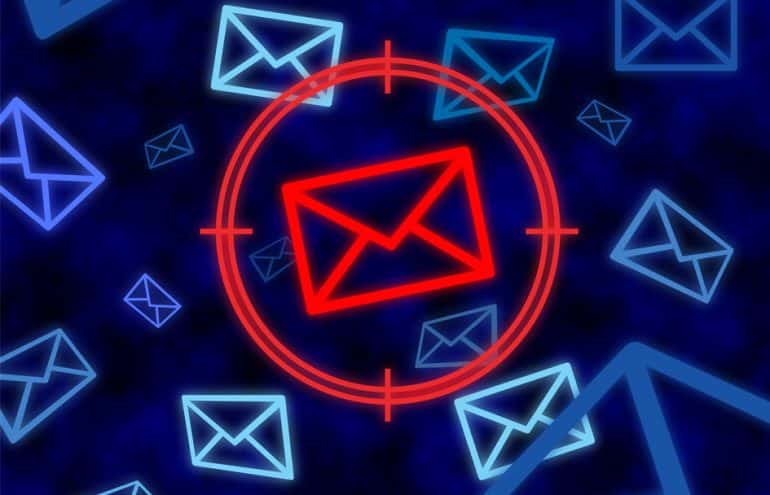Table of Contents
Introduction:
Email tracking has become an integral part of modern communication, offering valuable insights into recipient engagement and email campaign effectiveness. However, its widespread use also raises important questions about privacy, consent, and data security. In this comprehensive exploration, we delve into the intricacies of email tracking, its mechanisms, use cases, and the implications for privacy. By understanding the nuances of email tracking, individuals and businesses can navigate this technology responsibly while safeguarding user privacy.
Understanding Email Tracking

Email tracking involves embedding invisible pixels or code snippets within email messages to monitor recipient engagement. Let’s delve deeper into how email tracking works and the data collected through this process.
Mechanisms of Email Tracking
Explore the various mechanisms and technologies used for email tracking, including tracking pixels, web beacons, and tracking URLs. Understand how these techniques enable senders to monitor email opens, clicks, and other engagement metrics.
Use Cases for Email Tracking
Discover the diverse applications of email tracking across different industries and sectors. From email marketing and sales outreach to customer support and internal communications, email tracking offers valuable insights for optimizing communication strategies.
Privacy Implications of Email Tracking

Examine the privacy concerns associated with email tracking, including data collection, consent, and transparency. Learn about the potential risks to user privacy and security posed by email tracking practices.
Mitigating Privacy Risks
Explore strategies and best practices for mitigating privacy risks associated with email tracking. From transparent disclosure and opt-out mechanisms to data anonymization and encryption, discover how senders can protect recipient privacy while leveraging email tracking.
Legal and Regulatory Framework
Understand the legal and regulatory framework governing email tracking, including relevant laws such as the General Data Protection Regulation (GDPR) and the CAN-SPAM Act. Learn about the obligations and responsibilities of senders regarding data privacy and consent.
Ethical Considerations

Reflect on the ethical implications of email tracking and the importance of balancing data-driven insights with respect for recipient privacy. Explore ethical frameworks and guidelines for responsible email tracking practices.
Future Trends in Email Tracking
Anticipate future trends and developments in email tracking technology, including advancements in tracking capabilities, privacy-enhancing technologies, and regulatory compliance measures.
Conclusion
Email tracking offers valuable insights into recipient engagement and communication effectiveness, but it also poses important privacy considerations. By understanding the mechanisms of email tracking, its use cases, and the implications for privacy, individuals and businesses can navigate this technology responsibly. By adopting transparent disclosure practices, implementing privacy-enhancing measures, and adhering to legal and ethical standards, senders can strike a balance between data-driven insights and respect for recipient privacy. In the ever-evolving landscape of communication technology, responsible email tracking practices are essential for building trust and fostering meaningful connections with recipients.
Email tracking is a widely used method for monitoring the delivery and engagement of email communications. It involves embedding invisible pixels or code snippets within emails to gather data on recipient behavior, such as opens, clicks, and interactions with links. This data provides valuable insights into the effectiveness of email campaigns and allows senders to optimize their communication strategies. However, email tracking also raises concerns about privacy and consent, as recipients may be unaware that their email activity is being monitored.
Transparent disclosure and the provision of opt-out mechanisms are essential for ensuring that recipients have control over their data and can make informed decisions about their privacy. Additionally, email tracking practices must comply with legal and regulatory requirements, such as the General Data Protection Regulation (GDPR) and the CAN-SPAM Act, to protect user privacy and prevent misuse of personal data. As technology continues to evolve, it is crucial for senders to strike a balance between leveraging email tracking for insights and respecting recipient privacy rights.
For More Information Please Visit These Websites Craiyon and gelbooru



